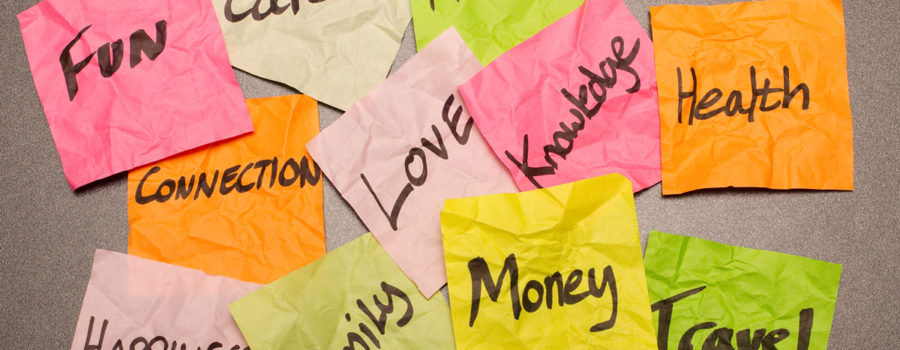As I reflect on the past year, some of the greatest joys have come from the relationships with my family, my friends, my co-workers (both past and present), my classmates, and my new clients. Not only have these connections been the source of much helpful information, lighthearted fun, and amazing inspiration, but I realize how much they have truly contributed to my sense of confidence and resilience in facing life’s challenges over the past few years.
Drs. Edward Hallowell and John Ratey discuss the value of ‘connections’ in their book, Delivered from Distraction. “Current research reveals that people who live connected lives are not only happier and more joyful most of the time, they are also physically healthier and they live longer.” Living a ‘connected life,’ according to Hallowell and Ratey, means “being part of something larger” than one’s self. The connection could be with a team, a community group, or a project that provides a sense of purpose and meaning.
I’ve seen a number of people who lead ‘disconnected’ lives. They are disengaged at work, alienated from their families, lack any real hobbies or interests, and feel fatigued and empty most of the time. Hallowell and Ratey comment that “Disconnection is a modern epidemic. It is a terrible but unrecognized disease. It removes you from what matters most in your life and leaves you feeling depleted of vital juices.”
So how do you get—and stay—connected? It doesn’t happen instantly; it takes time and attention.
- Work—Are you doing what you love and utilizing your strengths? Is there an interesting project or initiative that you can get involved with? Have you talked to a career coach/counselor about what other options you might consider? Do you have a friend at work? (The Gallup research on employee engagement identifies this as a key indicator.) Is there someone who will listen without judgment and with whom you can share your thoughts openly?
- Family—Just because there’s conflict doesn’t mean there’s no connection. “Fear and shame,” according to Hallowell and Ratey, “are the great disconnectors.” How much fear and shame exists in the family? Try doing more listening and less criticism. Forgiveness is a wonderful place to start.
- Friends—When is the last time you sent an email or reached out to call an old friend? Maybe it’s your old college roommate, a former neighbor, or a past boss. Can you find time for a cup of coffee or a quick lunch? Or maybe you can make time for a round of golf or attend a sporting event together?
- Physical Activity—Find a partner and get active. Nothing creates connections better than participating in some physical activity with someone else—even if it’s just walking your dogs together.
The more you create and deepen connections in your life, the happier and healthier you’ll be. We can develop connectedness at any age. The good news is that it’s free and available to all of us. Now just might be the right time to begin.





Leave a Reply
Your email is safe with us.